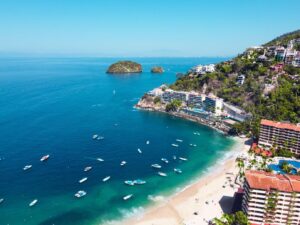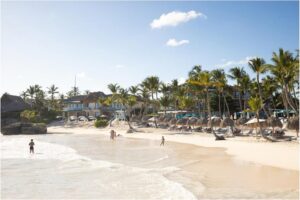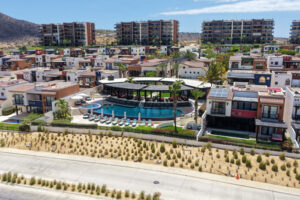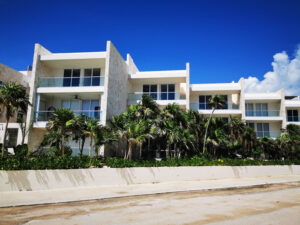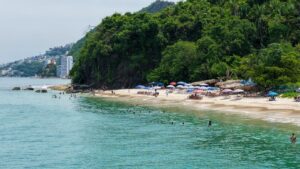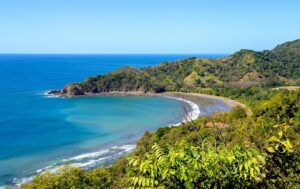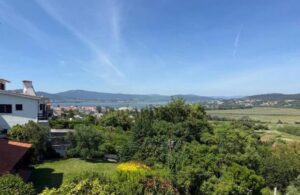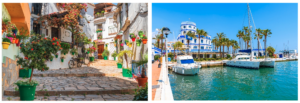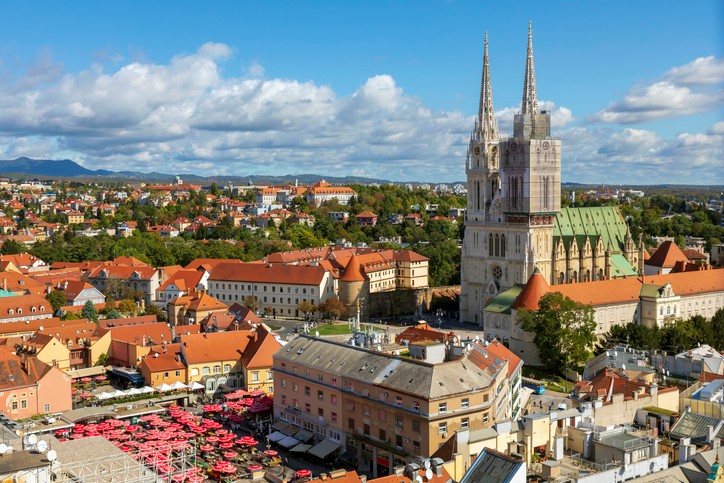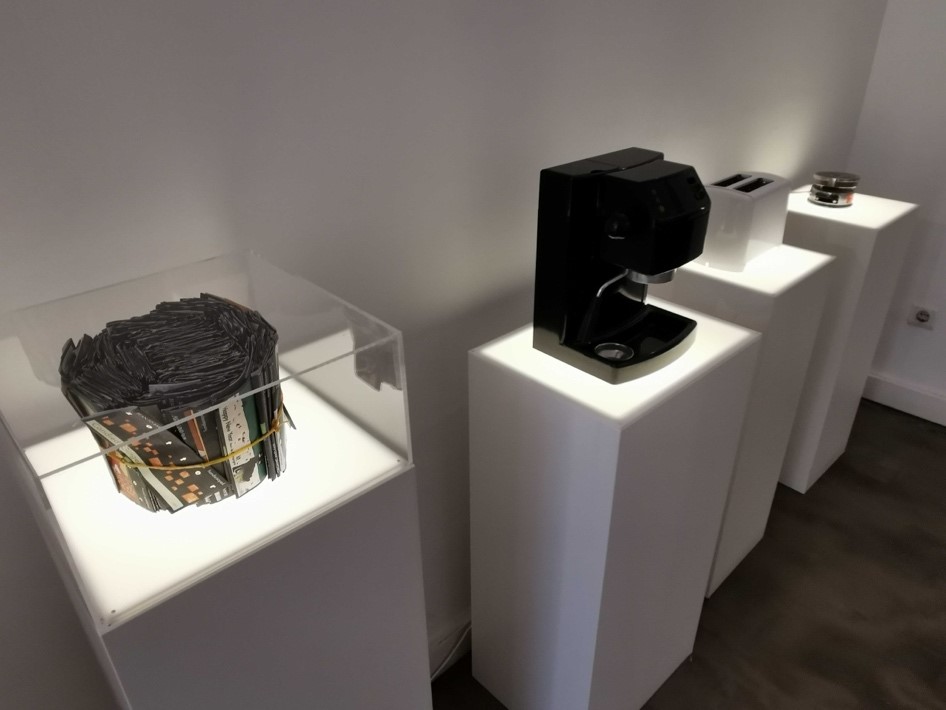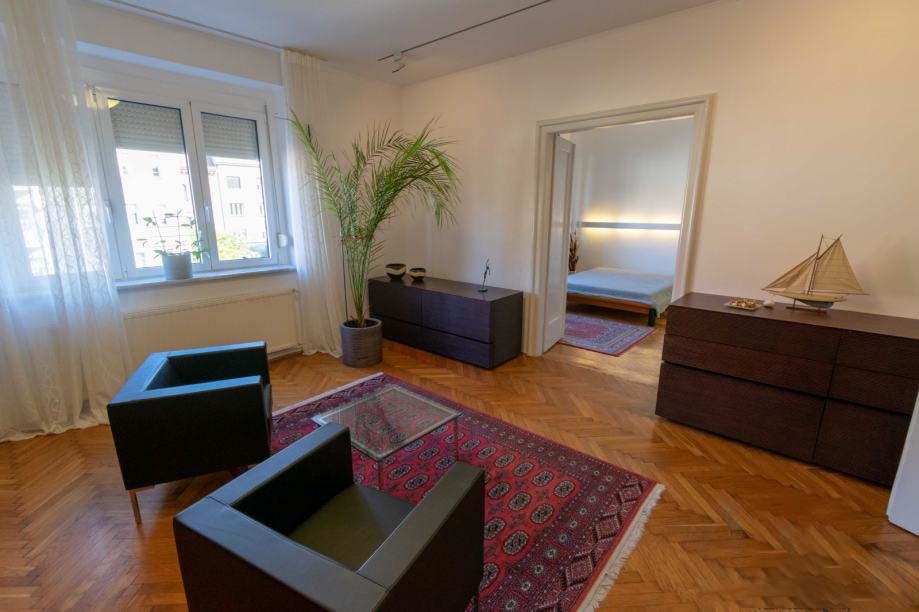Friday, October 29, 2021
 Dear Your Overseas Dream Home Reader,
Dear Your Overseas Dream Home Reader,
Today, I want to catch up with one my roving team members.
As you might recall, last month two of my guys were putting boots on the ground in Italy on the hunt for bargain properties.
One returned home…the other didn’t.
Instead, he traveled on from Venice to neighboring Croatia and is now spending two weeks in the Croatian capital of Zagreb.
Paul is one of the “digital nomad” set who can take his work with him anywhere, and so he’s on a search for his ideal base.
As he moves from place to place, I’ve tasked him with sending me reports on what he finds…whether it’s a bargain property worth sharing or a Balkan delicacy we should try.
You can discover his initial findings from Zagreb below…
Wishing you good real estate investing,
|
|
Ronan McMahon, Real Estate Trend Alert
Bargains in Off-Brand Europe
By Paul O’Sullivan
A toaster…a coffee maker…a stub of ginger…
A dried human scab…a broken tape recorder…an Action Man missing a limb…
I imagine this is what a department store would look like if the retail buyer was Vincent Price. All the items are carefully placed on plinths with underlighting. And each one is accompanied by a heartbreaking story of how it got here.
I’m here in Zagreb, the capital of Croatia, and I’ve spent my morning wandering through the city’s historic center, known as Upper Town.
It’s a city made for strolling. Winding cobbled streets open into grand squares of neo-baroque and art deco buildings. I stumble across pop-up markets and food stalls, imposing theaters and museums, grand cathedrals, as well as grittier pockets of concrete towers that hint at the city’s communist past.
|
|
However, one particular building catches my attention and draws me inside. It’s the Museum of Broken Relationships, a permanent exhibition dedicated to heartache and the material remnants it leaves in its wake.
Each item here is displayed with the reverence normally reserved for religious artifacts or battlefield artillery. An unused wedding dress…a knitted sweater…dolls fashioned out of clothes a lover left behind…a book on how to lose weight.
It all seems very bizarre until I realize where I am. Croatia, along with the rest of the Balkans and Eastern Europe, is defined by a history of broken relationships.
Broken relationships with its neighbors, and former Yugoslavian countrymen, the Serbs and Slovenes…with its former communist allies to the east…
Before that, Croatia declared its independence following the breakup of the Austro-Hungarian Empire. And for centuries before that, the region has jumped in and out of relationships with countless kingdoms and warring empires.
Most recently, Croatia entered into matrimony with the European Union, and already there are signs that the relationship is on the rocks.
|
|
Like much of Eastern Europe, when communism fell in 1989, the joy of democratic freedom was soon met by the reality of growing poverty and wealth disparity. And later, by distrust of political elites, the impenetrable EU bureaucracy, and the pernicious feeling that Eastern Europe was somehow second-class to its neighbors to the West.
This feeling was given some justification in a recent controversy over popular European food brands, when it was discovered that Eastern Europeans were getting lower grade versions of the same brands. Studies found orange juice with less orange in it, less crunchiness in their Manner brand wafers, a lower content of fish in their Iglo fish sticks, and Nutella that was less creamy than its Austrian counterpart.
This might sound trivial in a county that suffered a brutal war with its neighbors only a few decades ago, but it’s emblematic of the fractured relationship between East and West.
For some, Eastern Europe is off-brand Europe. The quality may not be as good in every respect, but it’s still recognizable. It has nearly everything you love about Europe, and it’s a lot cheaper.
In my view, the off brand is often the better choice. While it’s a large European capital, it’s relatively recent entry into the EU (Croatia joined in 2013) has put Zagreb well behind cities like Budapest or Prague in terms of its status as a tourist city.
What I like about Zagreb is that there are no pretensions here. People aren’t full of smiles but they’re friendly, and they’ll switch to speaking English with no hesitation.
The widespread use of English and the low cost of living are two of the reasons this city has been building a reputation as a hot spot for digital nomads like myself. It’s an easy place to work from, there’s a good nightlife and café culture, and plenty to do. It’s safe, accessible, and full of wide open green spaces.
Zagreb recently hosted a Digital Nomad Week, and just this year Croatia has introduced a digital nomad visa allowing non-EU nationals to live in Croatia long-term.
In terms of real estate, you can find great value here, too.
For instance, about a 10-minute walk from the main nightlife street of the city, I found a newly refurbished studio apartment in a green area for just €100,000 or €105,000 if you want furnishing and all.
It strikes me as a good fit for a digital nomad. And with a well-positioned Airbnb here you could do well. The rental I’m staying in is costing me €718.69 for two weeks. I’d get a bigger discount for a month, but I’d still be looking at about €1,200. Spend even €150,000 on a central one-bedroom apartment here and you could see strong yields.
|
|
Another apartment I found is a spacious two-bedroom in a courtyard building right on the main street of the city center.
It’s close to the British Square, one of the few remaining squares to include an open-air farmers’ marketplace where you can get fresh fruit and vegetables direct from local farms.
The apartment comes with a balcony, basement and attic storage, and the option of buying a garage and parking space for an additional €16,000.
The asking price for just the apartment is €189,999.
***
Ronan says: Croatia’s digital nomad visa is a smart move. It will attract young, innovative people who otherwise might be put off by the EU restrictions on residency. Not only is it a smart and easy way to grow the economy, but it’s also one for savvy real estate investors to watch.
Like Paul, digital nomads tend to stay in short-term rentals because they offer flexibility, yet they’ll stay longer than most vacationers would. This means with a good rental you can charge short-term prices for longer stays. Plus, as these remote workers aren’t restricted to the summer season, you can get good occupancy from them even in the low season.
Like what you’re reading?
Send your thoughts to feedback@realestatetrendalert.com. I’ll post and respond to as many of your emails as I can right here in the e-letter. Find out more about our feedback policy here.
|
Connect with us on Instagram
|
